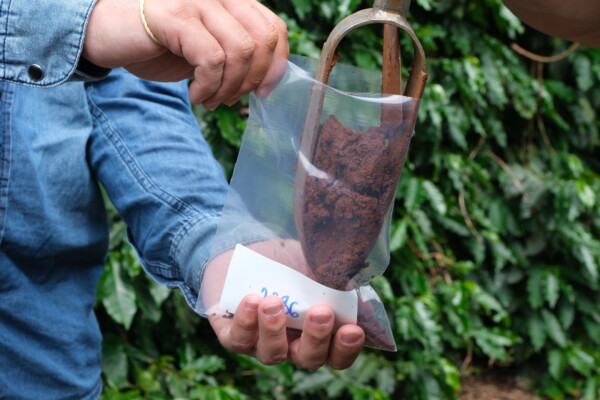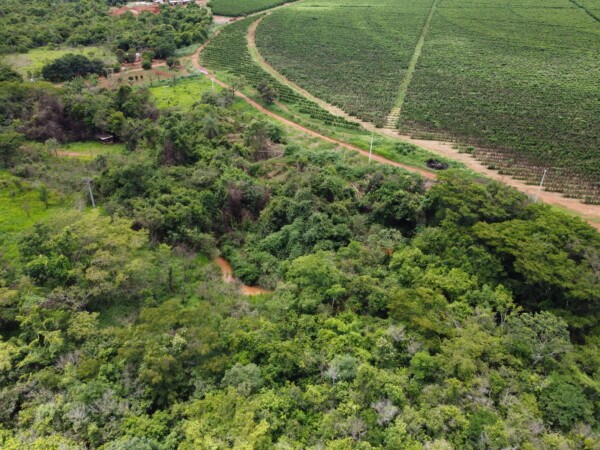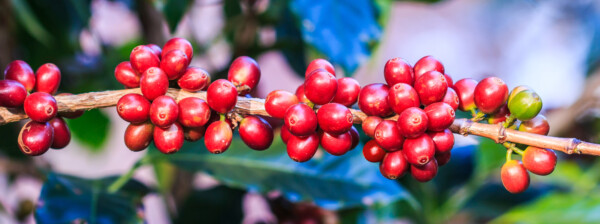
In the same month as the Climate Conference, Cecafé established a pioneering carbon expedition in the top coffee grower regions of Minas Gerais.
On November 14, the most important United Nations climate conference in history came to na end. As an important result of the COP-26, held in Glasgow, Scotland, the playbook of the Paris Agreement was finalized, regulating article 6, which deals with the global carbon market.
Although there are still domestic regulatory challenges, the establishment of general rules for operation in this international market brings legal security and opportunities to channel economic incentives and consolidate market instruments for compensation of the Brazilian agribusiness sustainable production systems.
As evidenced in the ABC+ Plan, it is scientifically proven that national technologies, such as integrated systems – like agroforestry and croplivestock- forest integration -, bio-inputs, irrigated systems, no-till farming, among others, reduce the carbon footprint of agricultural products and contribute to greater resilience of producer regions to the impacts of climate change.
Specifically for coffee growing, there is room to advance further in research to demonstrate and measure—with transparency and scientific credibility— how good practices and innovative Technologies applied in different production systems contribute to mitigate climate change and establish a link with the green resources market, which is clearly growing.
As a member of the Deliberative Council on Coffee Policy (CDPC), the Brazilian Coffee Exporters Council (Cecafé), together with representatives of Other segments of the production chain, has been guiding and monitoring the development of projects by the Consórcio Pesquisa Café, coordinated by Embrapa Café, on “Environmental Services Related to Climate Change”, whose future results should provide the basis for protocols of low carbon coffee production in the ABC+ Program.
Focusing on short-term results and aiming to connect the coffee sector more broadly to the opportunities of the new economy that are more clearly outlined after the COP-26, Cecafé is also developing a research project, with the direct participation of associated exporters, to fill the gap of scientific information on carbon emissions and sequestration, considering the different production modes of Brazilian coffee.
The international literature does not have a specific focus on local realities, and the existence of such data and information is paramount to Building measurement, reporting, and verification protocols. This allows the identification of opportunities for payments for environmental services, as well as economic incentives for an effective transition to low carbon productive systems, where necessary.
That is why, in the same month that world leaders were discussing their commitments to contain global warming, Cecafé established a pioneering carbono expedition in the top coffee grower areas of Minas Gerais, the largest producer state in Brazil.
Under the scientific leadership of Professor Carlos Eduardo Cerri, from Esalq/USP, trenches were opened for soil collection and coffee trees were extracted in eight representative farms of the productive systems of the South, Cerrado, and Matas de Minas Gerais.

The laboratory analysis of these samples will make it possible to quantify and compare, based on a methodology validated by the Intergovernmental Panel on Climate Change (IPCC), the contribution of the different production systems characteristic of coffee growing in Minas Gerais to carbon sequestration and the consequent mitigation of climate change.
The research also has a component of greenhouse gas emissions easurement, which is being conducted by Imaflora experts, based on data from coffee grower farms in the three regions of Minas Gerais. By combining the two stages, the net balance of greenhouse gas emissions of the diferente production systems that represent coffee growing in Minas Gerais will be determined and compared.
Additionally, the study will also measure the contribution of the areas of native vegetation preserved within rural properties for carbono sequestration. This is a relevant environmental service provided by the rural territories of the three growing regions evaluated in the project, which together have 51.1 thousand km2 of native vegetation within farms, an area equivalent to 1.25 times the territory of Switzerland.
Cecafé’s Carbon Project has attracted the attention of global partners, including sponsorships from roasters and coffee chains, as well as interest for future partnerships to apply the results. This environment of multistakeholder collaboration for low carbon coffee growing will be consolidated at the Swiss Coffee Dinner 2022, an event organized by the Swiss Coffee Trade Association (SCTA), which learned about our initiative and invited us to present the main findings of the research.
Brazilian coffee is sustainable and delivers social and environmental benefits to the communities where it is grown, thanks to the technologies and good agricultural practices adopted by the producers.

Initiatives led by the private sector, after years of investment in sustainable production practices, have already yielded their first results, with recent shipments of carbon-neutral coffee negotiated at significant premiums, which contribute to compensating the efforts of coffee growers for environmental services provided to society.
With its Carbon Project, Cecafé intends to contribute with scientific grounds to increase the number of coffee growers who benefit from these resources, besides promoting the image of Brazilian coffee in the top importing markets, demonstrating that our production practices are aligned with ESG criteria, keeping the country in the vanguard of the competitiveness and sustainability of world coffee growing.
Marcos Matos
CECAFÉ CEO
Silvia Pizzol
CECAFÉ Sustainability Manager


Leave A Comment